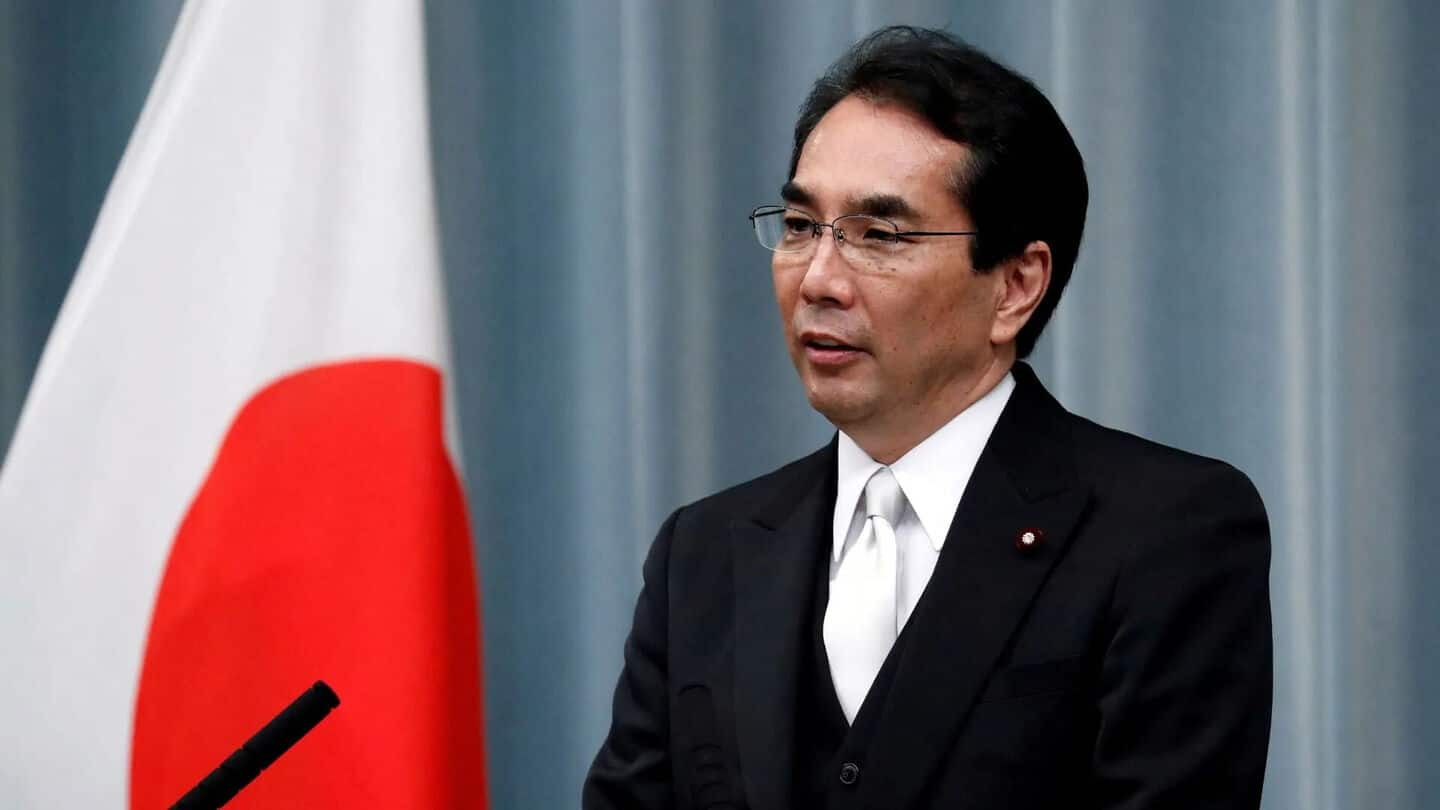
Japanese minister resigns after saying he never buys rice
What's the story
Japan's Agriculture Minister Taku Eto has resigned after his controversial comments about not buying rice drew public ire. The resignation comes amid a national crisis over skyrocketing rice prices, which have nearly doubled in the past year. Speaking at a fundraiser last weekend, Eto had said he "never bought rice" because his supporters gave him gifts of the staple food, a remark many found out of touch with the economic realities faced by ordinary citizens.
Resignation details
Eto's resignation accepted by Prime Minister Ishiba
Prime Minister Shigeru Ishiba accepted Eto's resignation, admitting his own responsibility for appointing him. "I made an extremely inappropriate remark at a time when consumers are struggling with soaring rice prices," Eto told reporters after resigning. He also clarified that he does buy white rice himself and was referring to brown rice in his controversial comments. Shinjiro Koizumi, a popular former environment minister, will succeed Eto.
Price surge
Rice prices in Japan reach record highs
Etō's resignation has increased pressure on the PM, whose failure to control rising rice prices and solve the cost of living crisis has enraged voters ahead of the July upper house elections. The average price of rice hit ¥4,268 for 5kg in the week ending May 11. This is nearly double the price from a year ago. The rice crisis has been blamed on poor harvests due to hot weather and panic buying after warnings of a major earthquake.
Succession plan
Eto's successor and government's response to rice crisis
Wholesalers are also believed to be hoarding stocks, anticipating further shortages. Earlier this year, the government released 300,000 tons of rice from emergency stockpiles, but this hasn't eased the shortage or lowered prices. Ishiba has proposed agricultural reforms to strengthen food security and self-sufficiency in Japan. However, critics say these proposals should come after resolving the ongoing rice crisis.
Public discontent
Public dissatisfaction and political implications of rice crisis
A Kyodo survey found that 87% of respondents were dissatisfied with how the government is handling rice prices. Ishiba's cabinet approval ratings have also plummeted to their lowest since he took office last October. Opposition lawmakers had threatened a no-confidence motion against Ishiba if Eto didn't resign by Wednesday afternoon. For the first time in a quarter of a century, Japan, in April, imported rice from South Korea to address growing customer dissatisfaction.